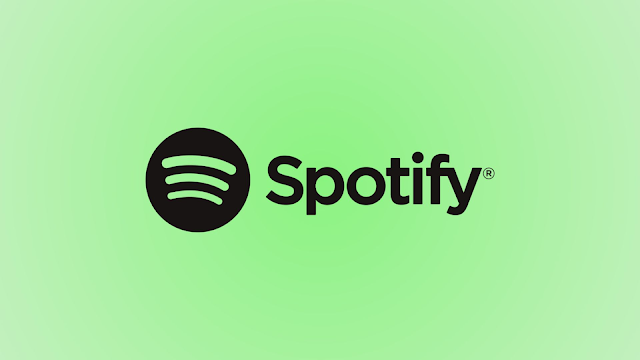
Spotify's Planned Premium Tier is the Death of Music Copyright
Earlier in the year, Spotify teased a new "Music Pro" tier for their subscription model. Besides bringing the high fidelity audio that other large platforms have already incorporated, they plan to include a way to remix Spotify songs through AI and post them. This brings up many questions as to their legal status.
In previous articles, I've talked about existing laws regarding transformative works. Remixes are not always considered transformative. They can be a whole new song, but they are derivative works that take from the original composition, which violates the composition rights of the copyright holder. To upload a remix, you need permission from the owner.
There's a couple of ways Spotify can make this happen. They can update their terms and conditions for artists that upload to the platform, having them consent to their music being remixed. Or, they could allow anyone to upload then moderate the content later, similar to SoundCloud's guidelines. Either way, this is a spit in the face to artists' ability to enforce their copyright, especially independent ones.
It's likely Spotify wants to capitalize off the TikTok trend of creating slowed/sped-up remixes of songs as backing tracks to TikToks. No one cares about trying to take down someone's use of a song on social media. That is, until you can start profiting off it.
Writer and music producer Marcus Schmahl points out, "There is a risk that the streaming giant will treat these Spotify mashups as new, independent works whose revenue is not fairly distributed to the original creators." Distinguishing approved remixes from AI-generated ones could prove to be an arduous, if not impossible, task for Spotify to undertake. They've already endured complaints about AI-generated content appearing on people's recommended page, sparking outrage amongst dedicated fans of certain genres.
A copyright system isn't very strong if it fails to protect people. Spotify, despite its numerous flaws, boasts hundreds of millions of subscribers; even 1% of them upgrading to this Music Pro tier is a concern for any music artist wanting to gain revenue for their streams, not some generated remix.
Does Exposure Outweigh Lost Revenue?
Perhaps the remixes won't be standalone content and instead allow users to discover the original artist through them. Will this bring traction to the original artists, cancelling out any loss from these remixes? After all, TikTok has brought many new fans to music artists through trends that include these songs.
The answer is, does it matter?
It's up to the copyright holder what type of exposure they want. The existence of financial damages doesn't preclude someone from suing for copyright infringement. That's because, according to 17 U.S.C § 504(c), a copyright owner can still recover statutory damages within a range of amounts instead of having to prove actual damages. Otherwise, a lawsuit may only yield nominal damages, or small monetary awards given when a legal wrong occurred with no financial loss.
Plus, a remix always has the potential of surpassing the original song's popularity. Mike Posner's "I Took a Pill in Ibiza" is not remembered for its original version but for the remix made by SeeB, which turned it from a gloomy melody to a party song.
The Future
So far, Spotify has yet to provide an update on when exactly this premium tier will roll out. My only hope is that the idea is abandoned.
Copyright is enforced through the courts and enshrined in our Constitution. Music as an artform advanced because protections existed for artists. People like when their art is acknowledged rather than recycled as something else. Instead of giving consumers the tools to make their own work, Spotify wants to commercialize the ability to deface other works. It's these concerns over Spotify's revenue model and other shady practices that have influenced bands to stop uploading there altogether.
Artists should be advocating for this feature to be abandoned. And if that doesn't work, other platforms such as Bandcamp, which allow fans to pay artists directly for their music, should be preferable to entrusting your music to a business that isn't your record label.
Your art is meaningful, and so too is your wallet.